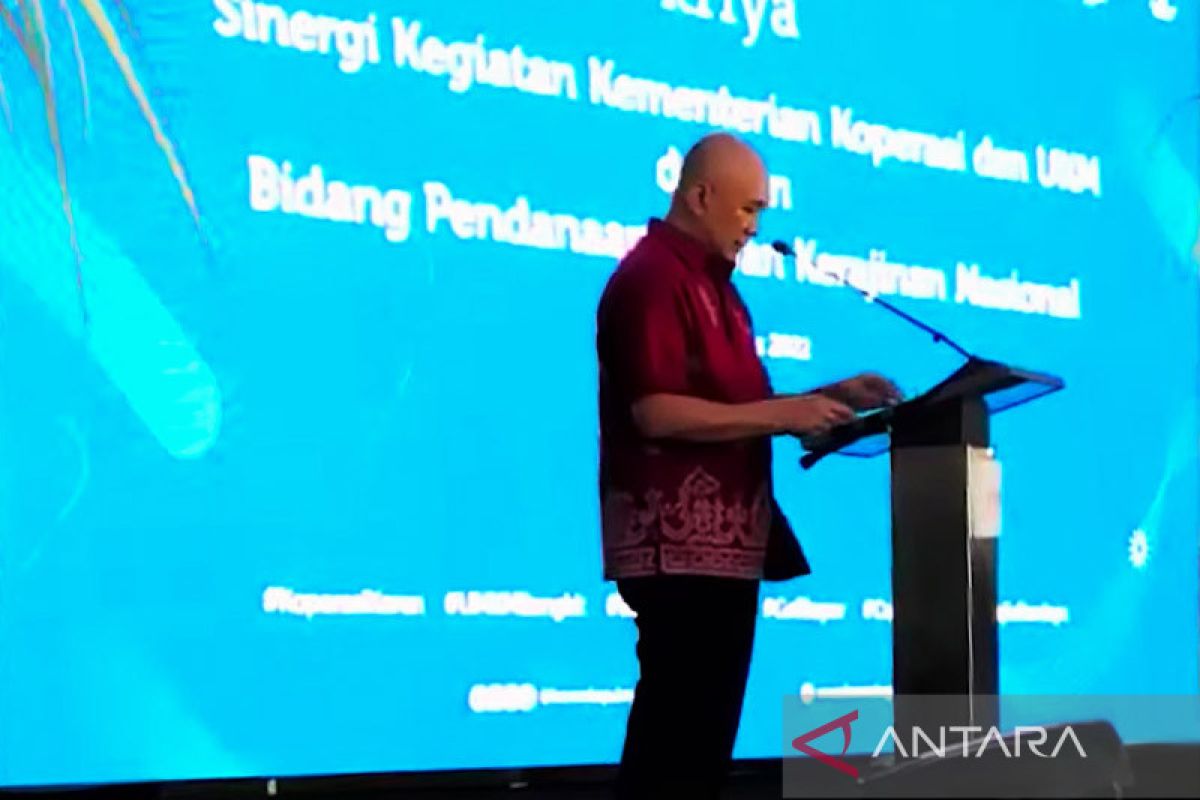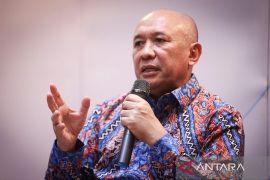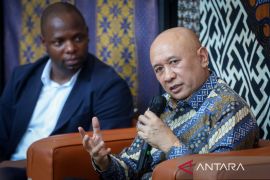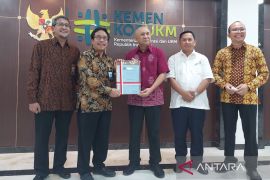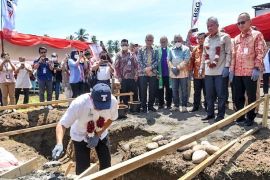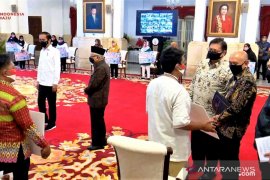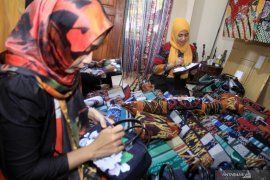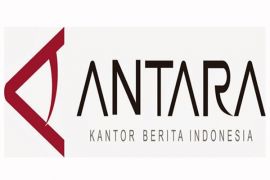“President Joko Widodo once said, ‘No one should be left behind in the digital economy,’ considering the potential of digital economic growth (is projected) to reach Rp4,531 trillion in 2030, or grow eight times from 2020. It is important for business players to take advantage of this in order to continue to grow and develop," he said virtually at an event held by Tokopedia ahead of the commemoration of National MSME Day here on Thursday.
Synergy between stakeholders is vital for accelerating digital infrastructure development, Masduki added.
According to e-Conomy Southeast Asia (SEA) data for 2021 compiled by Google, Temasek, and Bain & Company, 72 percent of all digital economy users in the country come from non-metro or sub-urban areas.
"Other data from Alpha JWC Ventures and Kearney in 2021 projected that the digital economy in tier two and three cities will grow significantly, growing fivefold in the next five years," he pointed out.
Related news: Transformation of MSMEs basis to optimize digital economy: Minister
The minister noted that over the past three years, MSMEs have faced several challenges on account of the COVID-19 pandemic. The pandemic has also made the government realize the urgent need for MSMEs to optimize the use of the digital ecosystem not only to survive, but also to recover and become stronger and become one of the pillars of the national economy.
This has become the basis for President Joko Widodo's target of bringing 30 million MSMEs into the digital ecosystem by 2024.
"With more than 12 million MSME merchants, Tokopedia is a part of the digital transformation of MSMEs. I express my highest appreciation to Tokopedia, which has always been the government's partner in accelerating the digital transformation of MSMEs in the country," he said.
Meanwhile, Tokopedia’s vice president of marketplace, Yudhiaji Kusuma, said that Tokopedia and the government have carried out many synergies to increase the competitiveness of local MSMEs.
For example, Tokopedia has synergized with the Ministry of Cooperatives and Small and Medium Enterprises (SMEs) for the formal transformation of micro-enterprises through the dissemination of information and provision of guidance on the registration of business identification numbers (NIB) through the Online Single Submission (OSS) system.
Related news: Minister pushes digital economy transformation through BEDIL Program
Related news: Trade minister urges MSMEs to utilize digital marketplaces
Translator: M Baqir, Raka Adji
Editor: Suharto
Copyright © ANTARA 2022
